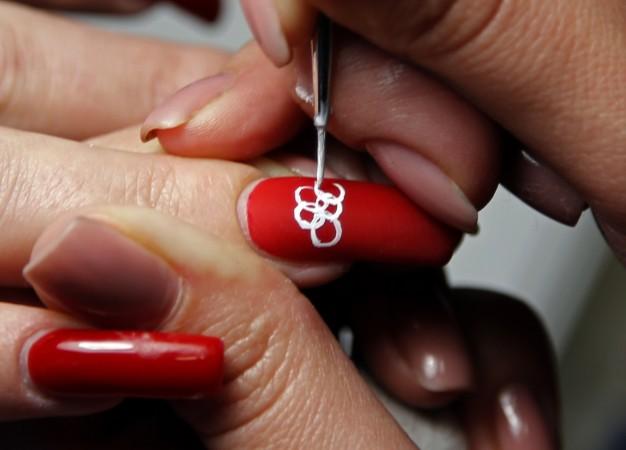
A 22-year-old Brazilian woman might have contracted HIV a decade ago when she shared a manicure kit with a cousin, who was later diagnosed as HIV positive, a new study reveals.
The woman received the shocking news after she tested to donate blood and was diagnosed with advanced HIV, according to a report in the November edition of AIDS Research and Human Retroviruses journal.
Analysing the factors that could have led to her contracting the virus, the woman said that she had not had unprotected sex or shared needles, which are often the two majors factors for HIV transmission. But she admitted to sharing manicure equipment with a cousin years ago, revealing to doctors a new form of possible transmission for the virus.
The woman's cousin is a female manicurist who tested positive for HIV about 17 years ago during her third pregnancy. She is 36 now.
This incident once again highlights the importance of sterilizing manicure and pedicure tools, but doctors were quick to note that contracting HIV through sharing of manicure instruments is a "very rare event" and the risk of infection from new sources is still very low.
"HIV is not transmitted by casual contact, such as sharing eating utensils, or drinking from the same water glass," Dr Brian Foley of the HIV Sequence Database at the Los Alamos National Laboratory was quoted as saying by Mail Online. "This transmission of HIV by shared manicure equipment is a very rare event that should serve not to make people fear HIV or contact with HIV-infected people."
However, caution should be exercised while sharing items that may contain blood.
"It should make people aware that sharing any utensils with possible blood-blood contact, such as needles used for drugs, tattoos, or acupuncture can result in transmission of viruses such as hepatitis C (HCV) and HIV," Foley said.
HIV can be transmitted by exchanging bodily fluids, especially when blood, semen, and vaginal or rectal fluids come in contact with another person's mucous membrane, damaged tissue or the bloodstream. In rare instances, a person can contract the virus from kissing as well, but only if both parties have exposed mouth sores, the report noted.













